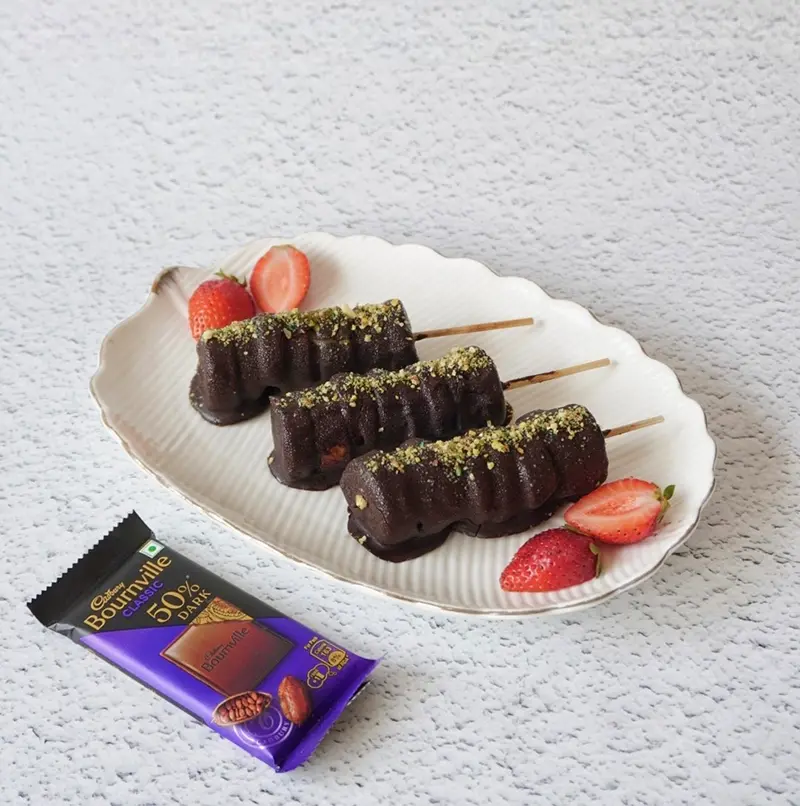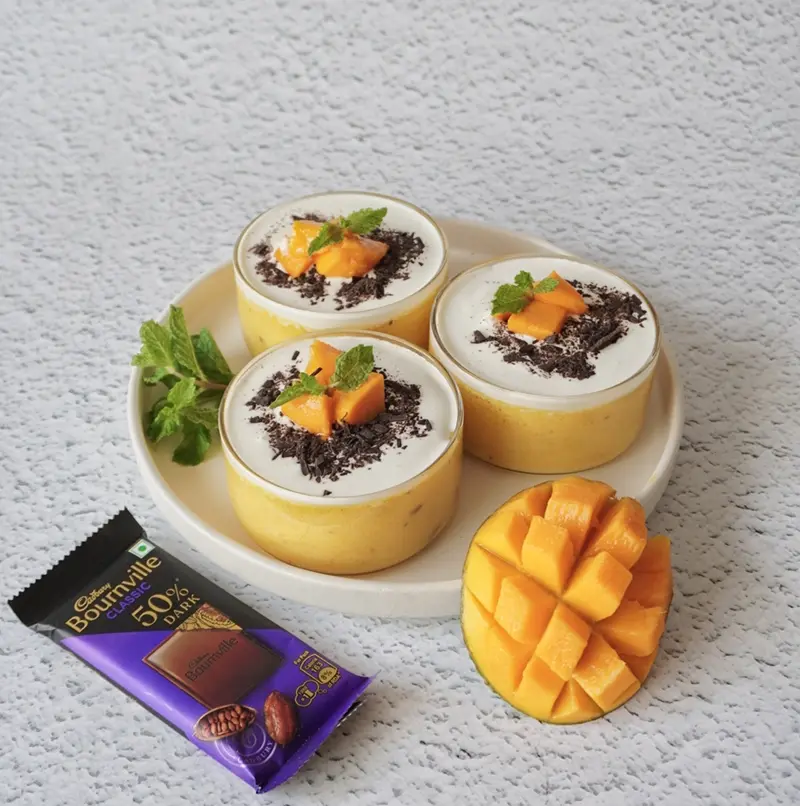- Home
- Articles
- Delish Dessert Recipes from the Dominican Republic That Are Packed with Coconut and Caramel
The Dominican Republic is not different from its neighbors whose desserts are a simple affair with loads of coconuts, dulce de leche and fruity cakesThe Dominican Republic is not different from its neighbors whose desserts are a simple affair with loads of coconuts, dulce de leche and fruity cakes

Hot and humid tropical climate pervades the Dominican Republic so desserts like their cuisine are a simple affair with people making the best out of the local ingredients. Coconuts, milk, and local biscuits along with neighboring influences of sweet caramel dominate the country. The Dominicans have refreshing treats that aren't too heavy on the stomach and are quite hearty with some unusual sweets and a dessert soup that are a must-try.
1. Bizcocho Dominicano
An iconic Dominican cake, this dessert is a staple at local celebrations of all kinds in the country, because of which it is often affectionately referred to as the "cake of celebrations". Its origin can be traced to the European-style sponge cakes introduced to the Caribbean by Spanish colonizers. Over time, the country's bakers have adopted the cake and added local touches to it, transforming it into the beloved delicacy it is today. Bizcocho Dominicano’s crowning glory is the "suspiro," a light and airy meringue-based frosting and many versions of the cake also feature delicious fillings of pineapple jam, guava jam, or the decadent dulce de leche.
2. Flan

Flan is perhaps the flagbearer of one of the most iconic and recognizable desserts in South America and undoubtedly, this dessert is also popular in the Dominican Republic. This country’s version uses evaporated, condensed, and regular milk to make the custard base. While each country uses its own distinctive variation of the Flan, the Dominican one sometimes substitutes regular milk with coconut milk, and like its cousins, it is topped with a sweet caramel sauce. Argentina's flan is often served with generous spoonfuls of dulce de leche and dollops of whipped cream. Mexico, on the other hand, tops its flan with Cajeta, a goat's milk-based caramel sauce, while Colombian flan is crowned with Arequipe, while Peruvian versions feature Manjar Blanco.
3. Tres Leches
Made with three (tres) kinds of milk (leches) namely, whole milk (heavy cream), condensed milk and evaporated milk, this cake is indigenous to the whole of Latin America. Because of the trio of milk, the cake is incredibly moist, dense and soft. A generous dollop of whipped cream often rests on top of the cake with a light sprinkling of cinnamon. This cake is also quite popular around the Caribbean, Mexico and Spain.
4. Habichuelas con Dulce

Synonymous with the Christian custom of praying and fasting, to commemorate Christ’s endurance, called Lent, Habichuelas con Dulce is a simple dessert made from sweet red beans. This sweet cream of beans is made with red kidney beans, milk, coconut milk, sweet potatoes (batata), raisins, and a sprinkling of spices. This creamy soup-like dessert is served with Dominican galletas de leche (milk cookies) and toasted casabe (a kind of flatbread). The beans often differ along with the spices in different households where people introduce their own distinctive touch to this classic dish that is an unusual dessert.
5. Dulce Frío
A simple sweet recipe with few ingredients, best served cold, Dulce Frío is nothing but the Dominican twist on the classic trifle that doesn’t go into the complication of using gluten, dairy or eggs. Rooted in Spain, it's likely this dessert was introduced to the country thanks to Spanish immigrants. Today, Dulce Frío is made with a base of the country’s famed Maria cookies, a layer of flavored cream and fruits on top.
6. Paletas de Coco

This dessert is a kind of local coconut popsicle and is touted to be the best dessert that there is in the country for it uses the local coconuts that grow in abundance in the country. Summers are sultry and sweltering making tourists and locals scurry to hog on anything that is hydrating and refreshes them. Coconut popsicles are one such treat that is sold by vendors, and local shops who make the best Paletas de Coco of the island.
7. Dulces en Almiba
Translating to sweets in sugar, Dulces en Almiba are candied fruits that have a likeliness to Murabba. These are found all over the country and local fruits like papayas, guavas, cherries, and grapefruits are soaked in sugar syrup to candy them and then sold in bottles at shops, bakeries and restaurants. These are good souvenirs to take back home and are handmade by the locals and often don't need refrigeration.
Like This Article?
More Like This



Popular Articles





Trending Web Stories
Curated Recipes



















